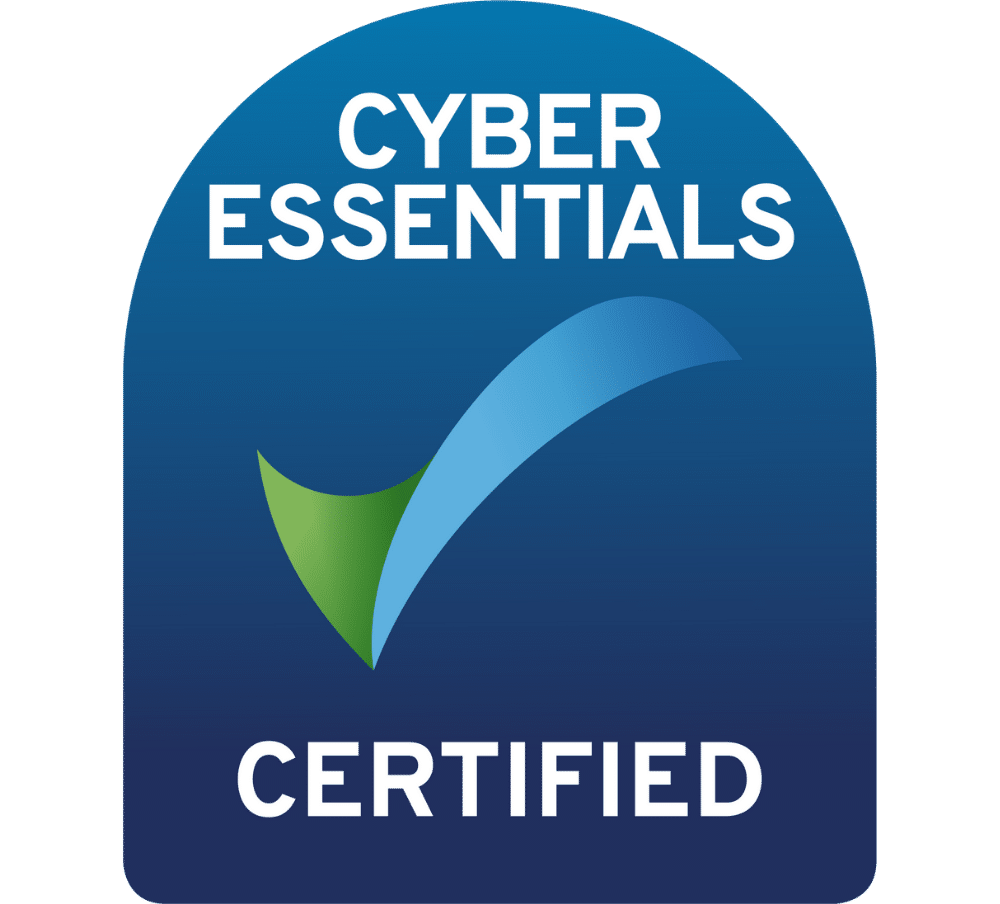It’s a given that a website is a must for any business, as a one-stop shop to showcase the service or products, and act as a platform for potential and existing clients.
There are many options for the type of website you can have, and the pages and posts to include.
Website must-haves – what are they?
But what are the website must-haves? We have some pointers for small businesses.
- Terms and Conditions
If your business is selling anything or allows booking, the customer is going to have to give personal details, and you as the business is going to have to set some terms and conditions.
Terms and Conditions are recommended as a website must-have mainly to protect your business against abuse and copyright, limit liability, terminate accounts and set guidelines and rules. These act as a legally binding contract between yourself and the user to ensure you are all happy and understanding of the business, service or product provided.
If you are ever facing a legal battle, the court will undoubtedly look at your Terms and Conditions page, so it’s advised it’s sharp and up to date. The main areas to ensure you are covered are:
- Prevent abuse – Inform users of what will happen if users are abusing your website, business, other customers. Abuse ranges from spamming, defamatory comments and misusing the site. You can state that users will be temporarily or permanently banned
- Cease copyright – It’s important to inform users that the business owns the content, and unless otherwise stated, or without written consent, the content must not be copied, resold, plagarised etc. Your content – including logo, design, copy, is all protected by copyright laws.
- Limit liability – you need to be very explicit in this section to avoid action being taken and complaints being made. This clause can state you (the company) is not held responsible for errors and inaccuracies in content, including product details. Equally as important, it needs to state that you have the right to change product or service details without informing third parties.
- Terminate accounts – Referring to the abusive clause, you have the right to block users who are defamatory in any way, and also anyone who does not agree and/or adhere to the TsandCs. For example, if somebody says they have read this page, and then tries to resell a product, or leaves continuous abusive comments after you have contacted them etc.
- Set rules and guidelines – It’s good for both you and the customer to know where you stand from the very beginning. This section can include areas such as delivery of products e.g. how long the product will take to reach customer after purchase. It avoids complaints, and again, limits liability.
- Privacy Policy
This is generally an additional page on top of the Terms and Conditions, and is legally required if collecting personal information and details from the user.
It states what you will and won’t do with the details, where they will be stored, e.g. in a form on WordPress, and for how long.
As a small business, it may be that you need to use all existing clients for future marketing, such as emailing them to ask them to rate your service after using it. In this policy you can spell out that you will use the given email address for this purpose, but it may be that all other information is deleted after use. It’s also a good idea to state what you’ll do with card payment details, as many people are still unsure whether to give their details online. It really is a website must-have.
Click here to see our Privacy Policy
- Cookie Policy
This is a website must-have for everyone. Cookies are memory bites stored in your browser when someone visits your website, and allows the site to remember information between pages or visits, for example which pages that particular visitor visited the most. The aim is to make the experience of surfing the internet a personal one, noting the regular behaviours of the user, and trying to show the most relevant content and adverts. The idea of the Cookies Policy is to highlight what the cookies are targeting and give web users more control over their online privacy.
The main points to include in your policy are; work out what cookies your site has and what they are used for (you may need to carry out an audit for this), inform visitors to your site of the cookies used, and gain their consent, giving them some control.
- About Us Page
As a small business, an About Us page is a website must-have. Consumers like to see the people behind a business, and who they’re buying from, and in today’s society, where small businesses are promoted, it can work in your favour to state this on this page.
Other points to include could be how long the business has been running, the idea/ethos behind the business and qualifications and skills of the owner and people working for the business. People love reading about other people, so to be able to know why a small business that they want to buy from has been set up, is sure to encourage and increase interest in the business and brand.
- Blog page
Not all of you will have the time to write blogs yourself, especially running a small business where there is not many of you! However it may be worth investing in someone to write them for you – 60% of consumers have made a purchase based on a blog post. Almost 40% of other businesses see it as the top form of content marketing. If that isn’t enough to persuade you, here are some of the benefits:
- Boost SEO opportunities. Search engines such as Google are constantly ranking new content, and let’s face it, the internet wants to stay fresh. Also, it’s a chance for you to use some more of those important keywords, and increase visibility on those said search engines. It’s also a great way to use internal links to other pages on your website – increasing traffic – and expand the opportunity for other businesses and websites to link back to your article.
- Develop relationships and establish brand. Blogs are a way of keeping up conversations with your potential and existing clients and internet users through the website. As with an About Us page, it gives you the opportunity to show a personal side to your business, which people will love, and you can build up their trust for your business and brand.
- Prove you’re a business leader. Writing regular blogs shows you have a great depth of knowledge, interest and passion in the industry, and could even be seen as a business leader.
- Sharing opportunities – Each blog you write gives the opportunity for the audience to share it on social media, with their friends or in emails. It’s basically free advertising as well as spreading brand awareness.
EMS has some tips on where to find content ideas for blogs if you’re struggling.
These are our top website must-haves. For further information on these or any other digital marketing advice, book a free consultation with us today.






